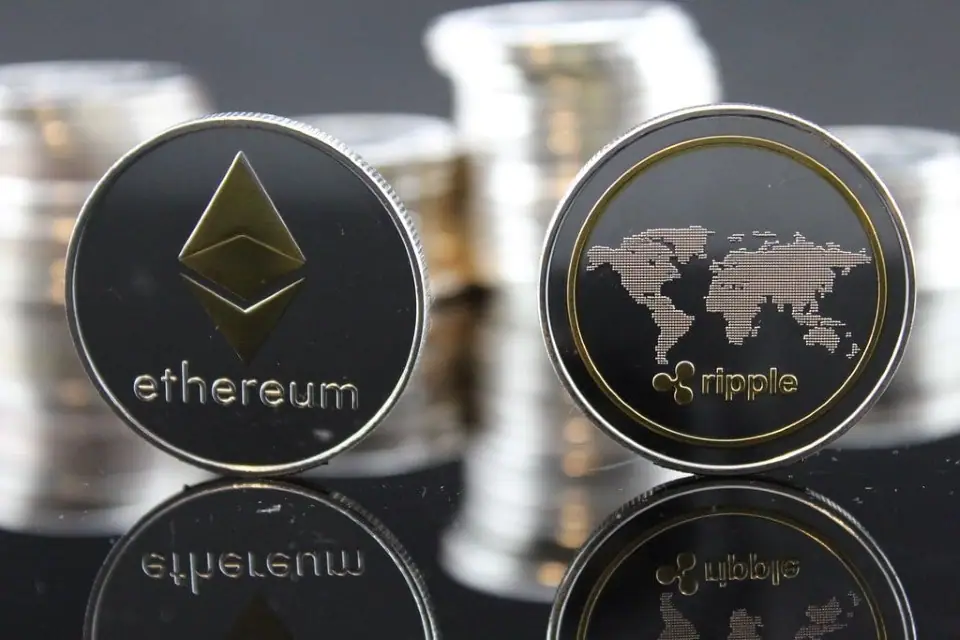In the world of cryptocurrencies, two names often come up in conversations about potential and value: Ripple and Ethereum. Both have made significant strides in their respective domains and continue to be a focal point for investors and technologists alike. The question that often arises is, “Is Ripple better than Ethereum?” This comparison is not as straightforward as it may seem, as each cryptocurrency has its own unique features and uses.
Understanding Ripple
Ripple, also known by its currency symbol XRP, is both a digital payment protocol and a cryptocurrency. It was developed by Ripple Labs Inc., a technology company specializing in the development of payment and real-time gross settlement systems. Ripple’s main aim is to enable fast, affordable international transactions. It does this by allowing transfers of its native cryptocurrency XRP within its network to avoid waiting times and banking fees.

Diving into Ethereum
Ethereum, on the other hand, is an open-source, blockchain-based platform that enables developers to build and deploy decentralized applications (dApps). Its native cryptocurrency, Ether (ETH), is used to facilitate these operations within the network. Ethereum’s primary innovation, the smart contract, allows automatic execution of contracts when predefined conditions are met, eliminating the need for a middleman.
Ripple vs Ethereum: Speed and Scalability
When it comes to transaction speed and scalability, Ripple outperforms Ethereum. Ripple’s technology can handle 1,500 transactions per second, while Ethereum currently handles around 15 transactions per second. This makes Ripple more suitable for large-scale financial transfers.
Utility and Flexibility: Ethereum Takes the Lead
Ethereum’s strength lies in its flexibility and wide-ranging utility. Its smart contract functionality enables the creation of dApps, decentralized finance (DeFi) projects, and even other cryptocurrencies. Ripple’s use case, while powerful, is more narrowly focused on remittances and international money transfers.
Market Capitalization and Investment Potential
As of my knowledge cutoff in September 2021, Ethereum had a significantly larger market cap compared to Ripple, making it a more dominant player in the cryptocurrency market. However, Ripple’s lower price per token could present a more accessible entry point for new crypto investors.

FAQ’s
1. Which is more secure, Ripple or Ethereum?
Both Ripple and Ethereum have robust security measures in place. However, Ethereum operates on a decentralized model, which some argue offers better security against hacking attempts.
2. Can Ripple reach the price of Ethereum?
It’s impossible to predict with certainty due to the volatile nature of cryptocurrencies. While Ripple has potential, its total supply is much higher than Ethereum’s, which could impact its price.
3. Is Ripple faster than Ethereum?
Yes, Ripple can process transactions much faster than Ethereum. Ripple’s technology can handle 1,500 transactions per second, while Ethereum handles around 15.
In the comparison between Ripple and Ethereum, there isn’t a definitive winner. Each has its own strengths and weaknesses. Ripple’s speed and scalability make it ideal for financial institutions conducting large-scale transactions, while Ethereum’s flexibility and smart contract functionality have spawned an entire ecosystem of decentralized applications. Therefore, whether Ripple is better than Ethereum largely depends on the specific needs and goals of the user or investor.


